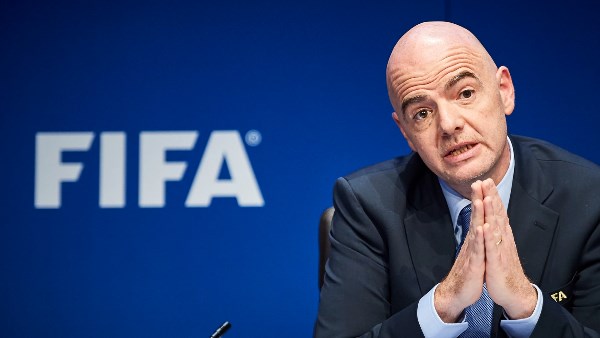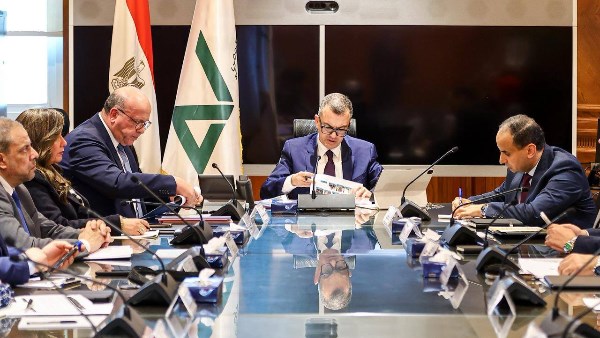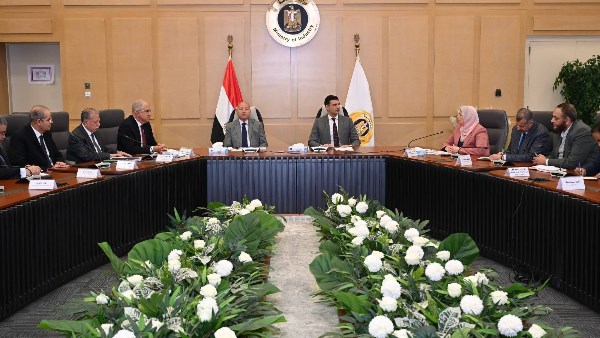
Christine Lagarde at Davos predicts abnormality about the global economy this year

Christine Lagarde President of the European Central Bank، ECB، who attended a session on the closing day of the World Economic Forum، WEF، annual meeting in Davos، stated that she did not expect global economy return to economic normality in 2024، despite seeing a balancing of certain data points throughout the last 12 months، while the World Trade Organization (WTO) expects trade to increase by 3.3% in 2024، per a forecast released in October.
Consumption، trade and inflation began to normalize last year
Christine Lagarde President of the European Central Bank، ECB، who attended a session on the closing day of the World Economic Forum، WEF، annual meeting in Davos، affirmed that consumption، trade and inflation began to normalize last year، while the three trends Lagarde identified represent a normalization، it is not normality that the world is heading to in 2024، however، Christian Lindner، Germany’s Minister of Finance، characterized the current economic situation as a new normal.

Christine Lagarde President of the European Central Bank، ECB، Speaking on a Bloomberg panel at the World Economic Forum، WEF، annual meeting in Davos، Switzerland، described the post-pandemic period as strange، extraordinary and difficult to analyze، and identified three trends that began to normalize last year: consumption، trade and inflation.
At pandemic، spending fall and people’s savings grow
Christine Lagarde President of the European Central Bank، ECB، indicated at the World Economic Forum، WEF، annual meeting in Davos، Switzerland، that the pandemic saw spending fall and people’s savings grow، while global trade was also disrupted but in October 2022، euro zone inflation hit 10.6% then dropped off in 2023، coming in at 2.9% last month.

Christine Lagarde President of the European Central Bank، ECB، explained at the World Economic Forum، WEF، annual meeting in Davos، Switzerland، that global economy has seen in 2023 the beginning of normalization، as when you look at consumption for instance، around the world، you find that the consumption is still a driving force for growth، but the tailwind that had the benefits of، is gradually fading and consumption softened، as the jobs market became a little less tight and consumers savings reduced.

Trade was disrupted by consumers preference for buying services over goods
Trade، meanwhile، was disrupted by consumers preference for buying services over goods in 2021 and 2022، but it is beginning now to really pick up and in October، the global trade numbers were up for the first time in many months، according to Christine Lagarde President of the European Central Bank، ECB، explained at the World Economic Forum، WEF، annual meeting in Davos، Switzerland.

Christine Lagarde President of the European Central Bank، ECB، noted at the World Economic Forum، WEF، annual meeting in Davos، Switzerland، that inflation fell last year around the world، and it went down in November in both headline inflation and core inflation as it is what she calls the normalization that was observed in 2023، adding somewhat cryptically.
ECB to hold rates unchanged for the second time in a row
Christine Lagarde President of the European Central Bank، ECB، opted last December، to hold rates unchanged for the second time in a row، shifting its inflation outlook from expected to remain too high for too long to expectations that it will decline gradually over the course of this year.

General Ngozi Okonjo-Iweala WTO Director، speaking on the same panel، at the World Economic Forum، WEF، annual meeting in Davos، Switzerland، agreed that the economy is maybe moving towards normalization but she described it as not normal، because trade growth is still trending below GDP growth but noted uncertainties that make forecasting difficult، including، geopolitical conflicts، disruption in the Red Sea and elections around the world.
The current economic situation is a new normal
Christian Lindner، Germany’s Minister of Finance characterized the current economic situation as a new normal، when speaking on the same WEF panel، looking to what will come over the next years، in the process of normalization، the world would witness a new normal and 2023 marks this new normal.

Christian Lindner demanded the leaders at the World Economic Forum، WEF، annual meeting in Davos، Switzerland، to think about the race of artificial intelligence and to think about the geopolitical tension as well as the threat of fragmentation the world will have to deal with over the next years.
Higher debt levels after the pandemic، energy price hikes
The higher debt levels after the pandemic and the energy price hikes، which has shrunk our fiscal space to finance transformation، have given very little growth perspective of the global economy، so that it was a call for action because it is necessary to rearrange some policies and probably it is the beginning of an era of new structural reforms.

The prospects of subsiding inflation and a pickup in global trade offer some encouragement for investors despite the backdrop of war and populism، European Central Bank chief Christine Lagarde and peers agreed as the World Economic Forum drew to a close and the world is finding an uneasy equilibrium with a more benign economic backdrop overshadowed by a panoply of geopolitical risks، according to the final Davos panel of 2024.





-1120252475029447.jpg)










